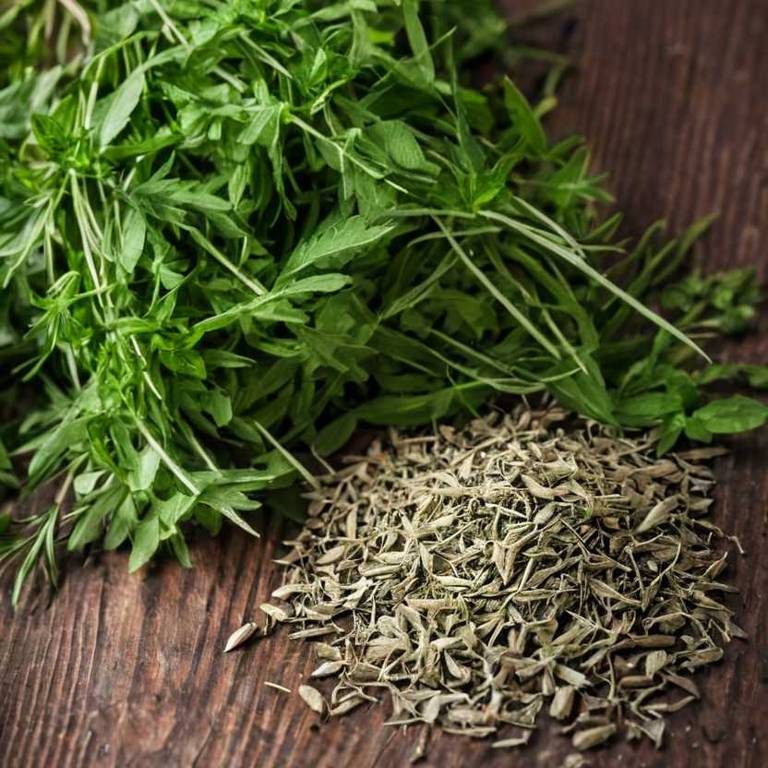Caraway (Carum carvi)
Caraway (Carum carvi) is a member of the Apiaceae family, native to Europe, Western Asia, and Central Asia. Traditionally, its fruits, seeds, and leaves have been used for infusions, decoctions, and powders.
This herb is particularly valued for its carminative, antispasmodic, and anti-inflammatory actions, and has a long history of use in european herbal medicine, mediterranean herbal traditions, and traditional chinese medicine.

Quick Facts / Key Information
| Common Name | Caraway |
|---|---|
| Scientific Name | Carum carvi |
| Plant Family | Apiaceae |
| Genus | Carum |
| Species | carvi |
| Native Range | Europe, Western Asia, Central Asia |
| Plant Parts Used | Fruits, Seeds, Leaves |
| Primary Medicinal Actions | Carminative, Antispasmodic, Anti-Inflammatory |
| Primary Traditional Systems | European Herbal Medicine, Mediterranean Herbal Traditions, Traditional Chinese Medicine |
| Historical Preparation Methods | Infusion, Decoction, Powder |
Botanical Identity
- Scientific Name
- Carum carvi
- Common Name
- Caraway
- Synonyms / Alternative Names
- Wild Cumin, Love-In-A-Mist, Wild Caraway
- Plant Family
- Apiaceae
- Genus
- Carum
Botanical Description
- Growth Habit
- Perennial herbaceous plant.
- Height
- It typically grows to a height of 30 to 60 centimeters.
- Leaves
- Bipinnate leaves with dark green upper surface and lighter green lower surface, featuring prominent stomatal bands along the midrib.
- Flowers
- Umbellate inflorescences bearing white to pale yellow flowers with five ovate petals, actinomorphic symmetry, and a prominent central tube surrounded by five distinct lobes.
- Stems
- Cylindrical, hollow, ridged, and terete, the stems are upright, unbranched, and exhibit a smooth surface with longitudinal lines.
Traditional Uses / Historical Use
Traditional Systems
- European Herbal Medicine
- Mediterranean Herbal Traditions
- Traditional Chinese Medicine
- Japanese Kampo Medicine
Historical Preparation Methods
- Infusion
- Decoction
- Powder
- Culinary Use
Medicinal Actions
- Carminative
- Commonly referenced as a calming carminative, within digestive system contexts.
- Antispasmodic
- As described in traditional systems, a warming antispasmodic, in smooth muscle contexts.
- Anti-inflammatory
- In herbal texts, considered a cooling anti-inflammatory, for irritation-related applications.
- Expectorant
- Historically regarded as a gentle expectorant, for airway-related applications.
Active Compounds
- Essential Oil
- A mixture of naturally occurring compounds responsible for plant aroma.
- Coumarin
- A group of secondary metabolites present in seeds, roots, and leaves.
- Phenolic Acid
- A group of plant-derived compounds frequently identified in herbal material.
- Flavonoid
- A widely occurring class of plant polyphenols found in leaves, flowers, and fruits.
Modern Research Overview
This section is reserved for future summaries of scientific research related to this plant. As additional verified sources are reviewed, relevant study information will be added here.
Safety & Contraindications
- General Precautions
- Some general precautions have been associated with the use of this herb.
- Contraindications
- Available information does not clearly establish contraindications for the use of this herb.
- Allergies
- Information regarding allergic responses to this herb is limited.
- Drug Interactions
- Interactions between this herb and prescription medications are not clearly established.
- Toxicity
- Toxic effects associated with this herb have not been well documented.
- Pregnancy & Breastfeeding
- Available information regarding use during pregnancy or breastfeeding is limited.
Preparation & Usage Methods
- Infusion
- A preparation method involving steeping plant material in heated water for a short period.
- Decoction
- Plant parts are gently boiled in water to release soluble constituents.
- Poultice
- A topical preparation made by applying softened plant material externally.
- Powder
- A preparation created by pulverizing dried plant material.
- Culinary Use
- Culinary use includes adding plant material to recipes or beverages.
Growing, Harvesting & Storage
Growing / Cultivation
- Soil
- Prefers loamy soil with well-drained conditions. Typically grows best in organically rich soils.
- Sunlight
- Thrives in partial sun. Tolerates full sun to partial shade.
- Watering
- Prefers well-balanced moisture levels. Tolerates variable moisture levels.
Medical Disclaimer
The information provided on this page is for educational and informational purposes only. It is not intended to diagnose, treat, cure, or prevent any medical condition. Always consult a qualified healthcare professional before using any herb for medicinal purposes.